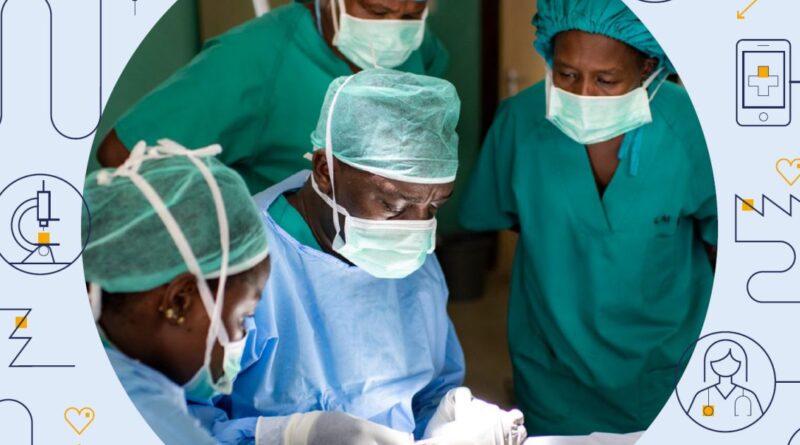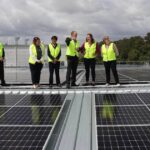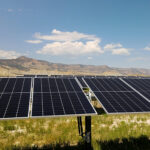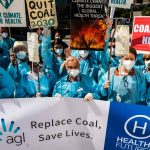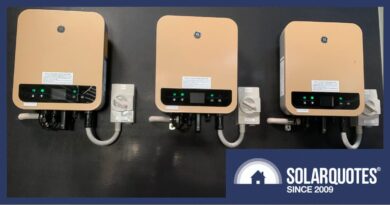Renewables Could Improve Healthcare For A *Billion* People
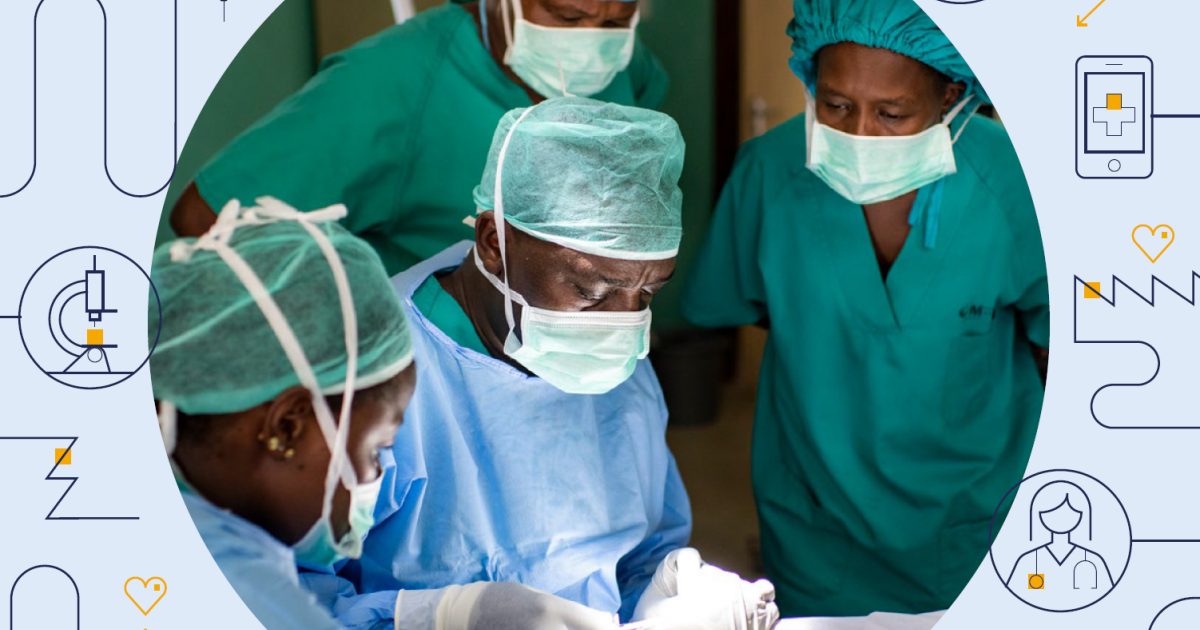
Close to a billion people across the planet are served by healthcare facilities with unreliable access to electricity, or none at all. This is a life and death situation that can be addressed with renewable energy states a new report.
Imagine a scenario where having a simple medical procedure carried out is challenging or even life-threatening just due to not having sufficient lighting. Or of vaccines that go bad for the lack of reliable power supply for even a small fridge. That’s still the reality for many.
Universal Health Coverage (UHC) refers to people having access to a full range of quality health services where and when they are needed – and without financial hardship. Achieving UHC was a target set when the 2030 Sustainable Development Goals (SDGs) developed by the United Nations General Assembly (UNGA) were adopted in 2015.
But without reliable electricity in all healthcare facilities, Universal Health Coverage simply cannot be achieved.
A new report from the World Health Organization (WHO), the World Bank, the International Renewable Energy Agency (IRENA), and Sustainable Energy for All (SEforAll) notes in South Asia and sub-Saharan African countries, more than 10 percent of health facilities lack any sort of electricity and only half of hospitals in sub-Saharan Africa have access to reliable electricity.
The report states almost 64% of health-care facilities in 63 low- and middle-income countries require some form of urgent intervention. While US$ 4.9 billion is urgently needed to bring healthcare facilities in these countries to a minimal or intermediate level of electrification so essential health services are covered, the amount is much lower than the social cost of inaction.
Grid Not Required With Renewables
One of the great lies from the fossil fuel industry (and some politicians) relates to coal power lifting people from energy poverty. Build more of these power stations, the grid can be expanded and more people can be connected. But that’s not how it works in practice. These new power stations tend to serve industrialised areas, but their negative health and environmental impacts are certainly more widespread.
While more coal power isn’t the answer, renewable energy is. IRENA says sustainable solutions such as solar power systems aren’t just cost-effective and clean, but can also be rapidly deployed – and there’s no need for grid access.
“No excuses for the solution, no need to wait for the grid. IRENA has pointed out the role of decentralised renewable energy to increase electricity access,” says WHO’s Dr Maria Neira. “It’s cheap and more resilient to climate change. This is a major development priority as it saves lives.”
As we’ve discovered here at SQ, even a little solar power can go a very long way in these countries.
The report offers insights and recommendations on hastening the electrification of health facilities while supporting the transition to clean, sustainable energy systems that also improve broader health and climate outcomes. “Energizing health: accelerating electricity access in health-care facilities” can be viewed here.
Original Source: https://www.solarquotes.com.au/blog/accelerating-renewables-healthcare-mb2793/

